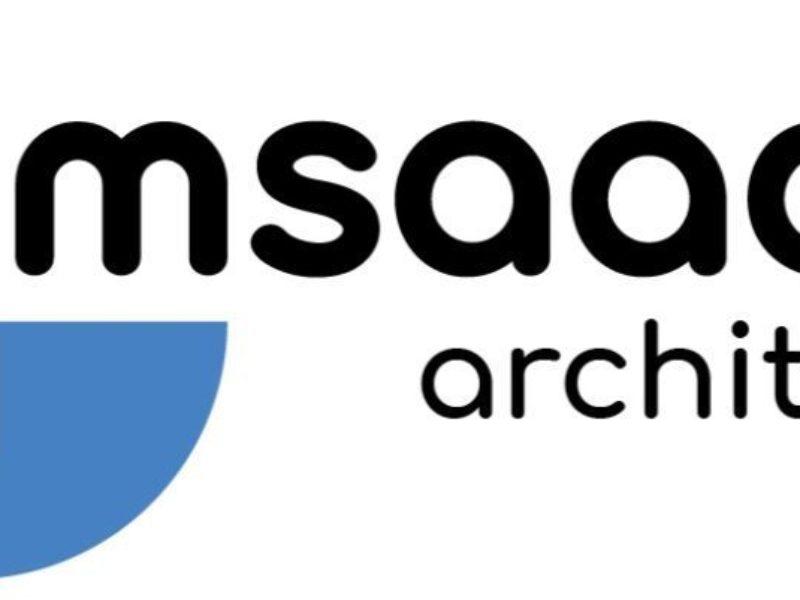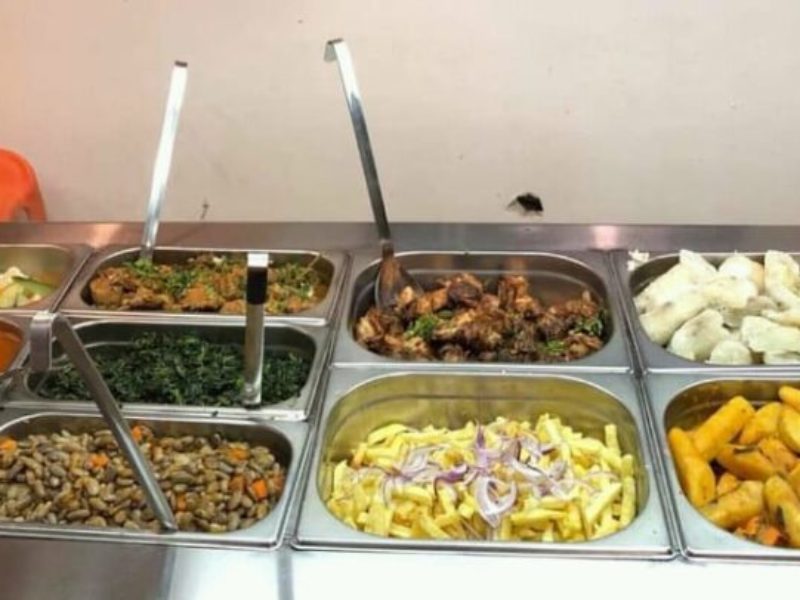Rwandese Hope and Future from Single Action of Japanese Volunteerism
Initiated by Ms. Chie Shimizu, a Japanese Overseas Cooperation Volunteer (JOCV) under a Japan International Cooperation Agency (JICA) scheme, and the village’s only foreign resident, the project brings together a group of eight Rwandese – men, women, youth, and adults – once every two weeks to locally produce handmade soap and bring hope for brighter future for local villagers.
In a small open space behind a modest mud house surrounded by small vegetable gardens, eight members sit next to each other, cooling off heated oil to 45˚C. Pouring caustic soda into oil the members then take turns stirring the liquid and flavoring it with avocado until it becomes silky smooth. From buying the ingredients to cutting the soap, each phase in the process is handmade locally while Chie advises each step. Soap making is physical work requiring detailed attention to temperature and sensitive touch. Yet, during the process, cheerful laughs and smiles resonate throughout the village. How can one individual outsider become part of a small local village while building trust among local Rwandese and mobilizing the community
towards a common goal?
Chie explains, “I made the flyer in Kinyarwanda to announce my concept of soap making and called for first members to work with. I made it clear in the first place that I would share my idea of an alternative income activity, not give away money.” Each member who signed onto the project first donated 500 RWFs to start up their own activities, with Chie providing them with an additional 2000 RWFs as a loan. The loans were paid off in two months, and the group is now making profits and improving their everyday lives.
Chie is advising the group’s activities and is gradually leaving her leadership role to them. Not everything, however, went smoothly. Chie confesses, “First, we tried soap making with a recipe from Japan. But of course, it did not work well. The types and quality of ingredients such as oil we can find here are different from those in Japan. A foreign recipe and local ingredients simply did not match well. So we started all over again, with a local recipe and local ingredients.” The improved handmade soap is receiving good feedback. Asked why she joined a soap-making project initiated by someone she never met, Ms. Uwera SaÜda a school teacher and mother of five children, replied, “The flyer was well made and Chie’s idea of providing a way forward for a better life, and not simply making money, gave us dignity as equal humans and partners. We do not need sympathy. We need work to improve our lives.” The group of eight locals empowered by this simple act now has hope and a future plan. By officially forming a cooperative, they hope to expand their production, reaching the wider market at a sector and district level to eventually include Kigali city. Their soap making now has roots
in their local ground, is growing leaves and vines, and is uniting people from different backgrounds to bring
the hope and a brighter future.
Approximately 22 JOCVs are now actively engaged in volunteer activities with local communities in Rwanda, sharing their experiences and skills with local Rwandese towards improving and enriching their lives. More Japanese volunteers will join them in the coming years to follow their path. They will leave a legacy of Japan’s skills, experiences, and friendship to the people of Rwanda, leading to their sustainable socio-economic development.
For more information contact: Kayo Yamada, Mobile: +2502525510 3487
Japan International Cooperation Agency (JICA)
Rwanda Office


